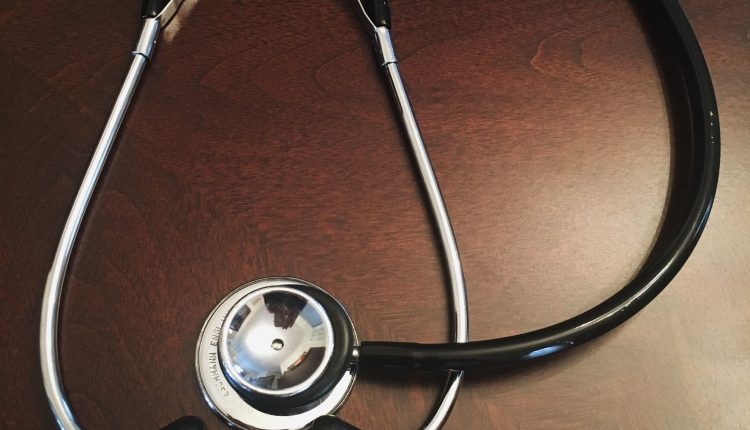In the heart of a Texas abortion controversy, Idaho women are shedding light on the misunderstood and often misrepresented rare genetic disorder, Trisomy 18. Contrary to prevailing misconceptions, these women emphasize that Trisomy 18 is not a diagnosis of death, aiming to change the narrative surrounding this condition.
Trisomy 18, also known as Edwards syndrome, is a genetic disorder caused by the presence of an extra chromosome 18. Unfortunately, it is often clouded by misinformation, leading to difficult decisions for expectant parents, as seen in the Texas abortion debate.
Idaho women, whose lives have been directly impacted by Trisomy 18, are taking the lead in raising awareness and advocating for a more nuanced understanding of the disorder. By sharing personal stories, they aim to dispel the misconception that a Trisomy 18 diagnosis inevitably means a dire prognosis.
The controversy in Texas has underscored the importance of accurate information and support for families navigating the complexities of genetic disorders. Advocates argue that informed choices and compassionate care should be prioritized over assumptions and stigmatization.
This spotlight on Trisomy 18 comes at a crucial time when discussions around reproductive rights and healthcare decisions are in the forefront. The Idaho women’s efforts to challenge the narrative surrounding this rare genetic disorder not only empower affected families but also contribute to a broader conversation about fostering understanding and empathy in the realm of reproductive healthcare.
Read More: Solar Investment Woes: Texans Voice Grievances Amidst Surge in Clean Energy Adoption
Ultimately, their advocacy calls for a more compassionate and informed approach, urging society to recognize the resilience and potential of individuals with Trisomy 18, while respecting the diverse choices families make when confronted with this diagnosis. As the controversy unfolds, these women stand as beacons of strength and knowledge, guiding the discourse towards a more compassionate understanding of genetic disorders and the individuals and families they impact.

